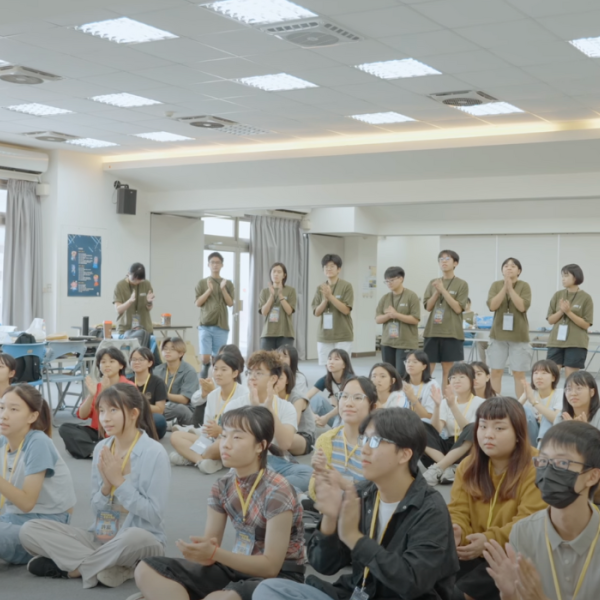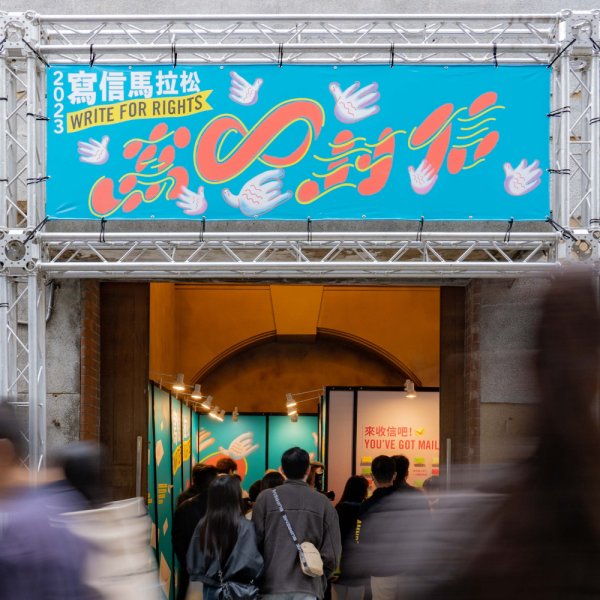【柬埔寨】性暴力日增 政府須保護被害人
國際特赦組織新聞稿|2010年3月8日
國際特赦組織今天發表的一份調查報告指出,柬埔寨女性遭受性暴力不斷增加,但強暴被害人卻難以得到司法與醫療等必要援助。
為紀念國際婦女節而發表的這份調查報告《打破沉默:柬埔寨的性暴力(Breaking the silence: Sexual violence in Cambodia)》,說明存在於警方和法院的貪污與歧視如何阻礙了強暴被害人得到正義和所需的援助,同時讓大多數加害者消遙法外。
國際特赦組織亞太區副主任唐娜.蓋斯特(Donna Guest)說:「根據數十位倖存者向我們透露,她們遭到官員敲詐、忽視或懷疑,但這些官員的職責本應是協助她們保護自身權利。對太多的強暴倖存者而言,爭取司法與醫療協助的過程,竟比當初被強暴更痛苦。」
國際特赦組織的研究人員發現,性工作者和貧窮婦女在尋求司法與醫療協助時,遇到比其他人更大的困難。她們無力支付警方經常索討的賄賂,也負擔不起訴訟和就醫的費用。
這份報告引用了30位年齡介於10到40歲之間女性的訪談。一位19歲學習障礙少女莫妮(Mony)的家人向我們說明,當她在2009年底遭到強暴後,警方如何拒絕他們的報案:
「除非你有錢,你願意付錢,警察才會辦事。大概給他們十萬里爾(約合台幣800元),就可以把人抓起來。但我們沒那麼多錢。」莫妮的父親說。
他說,莫妮被迫生活在加害人的威脅之下,因為他並沒有被逮捕。莫妮所需的醫療費,以及往來警局與法院的交通費,對他們家來說也是一筆沉重負擔。
柬埔寨社會,和世界許多地方一樣,存在根深柢固的性別歧視,使性暴力的受害者反被污名化,而加害者大多可以消遙法外,只受到輕微的處罰、甚至根本不受處罰。
「在受害者無法得到社會支持時,政府更必須打破沉默,公開譴責性暴力,以表明政府了解倖存者的痛苦,絕不會容忍這種嚴重的犯罪行為。」唐娜.蓋斯特說。
隨著新刑法將於2010年底生效,國際特赦組織呼籲柬埔寨政府表達堅定立場,解決性暴力案件中執法不當、法外和解、追訴不力與普遍貪污等問題。
國際特赦組織也要求柬埔寨政府加強警察的訓練和裝備、拔擢女性警官、給予足夠預算,使警方有能力更迅速、專業並具有敏感性地偵辦犯罪案件。
根據警方和非政府組織提供的數據,柬埔寨強暴案的數量不斷增加。但因沒有監測機制、報案率低和統計不全,其增加的幅度難以確知。
政府當局應該精確統計相關數據,作為擬定政策與行動方案的參考。
「柬埔寨已經積極努力解決性別歧視問題,特別在家庭暴力和人口販運方面。」唐娜.蓋斯特說。「政府現在應該將女性遭受的性暴力納入工作重點,改革弊端,以善盡其身為《消除對婦女歧視公約》締約國的人權義務。」
這份長達60頁的調查報告,針對如何扭轉女性受暴日增的趨勢做了深入研究與建議。它的分析同時也作為國際特赦組織「阻止暴力對待婦女」全球運動的一部分而發表。
如需進一步資訊,請冾國際特赦組織新聞部(英國倫敦)
電話:+44 20 7413 5566
電郵:press@amnesty.org
地址:International Secretariat, Amnesty International, 1 Easton St., London WC1X 0DW, UK
網址:www.amnesty.org
[ENGLISH]
AMNESTY INTERNATIONAL
PRESS RELEASE
Cambodia’s government must protect victims of sexual violence as reports of rape increase
Survivors of rape in Cambodia face limited access to justice, medical services and counselling , Amnesty International said in a report issued today, as rapes of women and girls appear to be increasing,
Breaking the silence: Sexual violence in Cambodia, issued to mark International Women’s Day, exposes how corruption and discrimination within the police and courts prevent survivors of rape from receiving justice and required assistance, while most perpetrators go unpunished.
“Dozens of survivors told us that they face extortion, ignorance and disbelief from officials whose job it should be to assist them and protect their rights,” said Donna Guest, Amnesty International’s Asia-Pacific Deputy Director. “For too many survivors of rape, the pursuit of justice and medical support adds further distress to the initial abuse.”
Amnesty International researchers found sex workers and women living in poverty faced serious obstacles in seeking justice and medical services. They were unable to pay bribes which were often required of them from the police and others, and could not afford legal or medical services.
The report includes 30 interviews with women and girls aged between 10 and 40. The family of a 19 year-old girl with a learning disability explained how police officers ignored their complaint when Mony was raped in late 2009.
“The police only work if you have money, if you can pay. With around 100,000 riels [approx 25 USD] perhaps we could have secured an arrest, but we don’t have that,” said her father.
He said that Mony lived in constant fear of the perpetrator, who remained at large. The family also struggled to afford the medicine she needed, and described transportation costs to court and police as very difficult.
Cambodian society, like many around the world, exhibits deeply engrained gender discrimination that stigmatizes survivors of sexual assaults, while perpetrators, who mostly remain at large, face limited, if any, sanction.
“With the lack of social support towards victims, it is crucial that the government breaks the silence and publicly condemns sexual violence, to show that it will not tolerate such serious crimes and to acknowledge the pain of the survivors,” said Donna Guest.
With a new Penal Code entering into force in late 2010, Amnesty International calls on the Cambodian government to firmly address inadequate law enforcement, extra-judicial settlements, weak prosecution and widespread corruption in cases of suspected sexual violence.
Amnesty International also urged the government to train and equip the police, utilise female police officers, and allocate necessary budgets so that they can investigate allegations of crimes promptly, professionally and sensitively.
Data provided by police and NGOs indicates that incidents of rape are increasing in Cambodia, but the extent of the increase is hidden by a lack of monitoring and limited reporting and coordination of statistics.
Authorities should accurately obtain such information and use it to inform policy and plans of action.
“Cambodia has made important inroads into tackling gender-discrimination, with a focus on domestic violence and human trafficking,” Donna Guest said. “It is time the government incorporated sexual violence against women into these categories to address its failure to meet the human rights obligations under the Convention for the Elimination of Discrimination Against Women.”
The 60-page report presents extensive research and recommendations to reverse increasing sexual violence against women. The analysis was released as part of Amnesty International’s global campaign to Stop Violence against Women.
For more information, please call Amnesty International's press office in London, UK, on +44 20 7413 5566 or email: press@amnesty.org
International Secretariat, Amnesty International, 1 Easton St., London WC1X 0DW, UK www.amnesty.org
更多影音
- 全球
酷刑工具是如何被警方用來針對示威者?
- 全球
阿姆內斯提青春大舞台 2024高中生人權營
失去眼睛的警察暴力倖存者萊迪述說她的遭遇
- 全球









